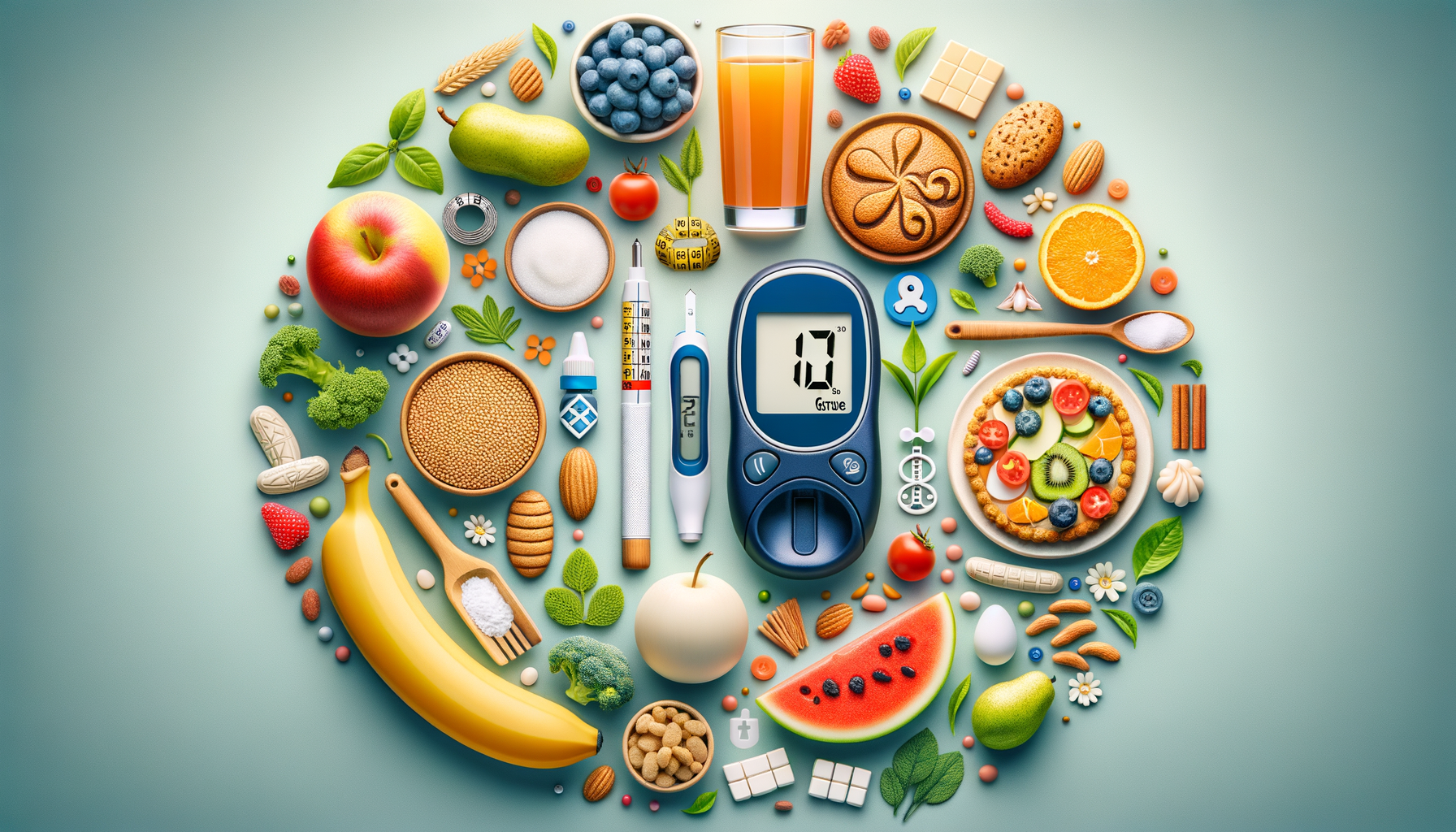
A Comprehensive Guide to Type 2 Diabetes: Identifying Symptoms and Embracing Natural Self-Care Techniques
Understanding Type 2 Diabetes: An Overview
Type 2 Diabetes is a chronic condition that affects millions of individuals worldwide. It occurs when the body becomes resistant to insulin or when the pancreas fails to produce enough insulin. This leads to elevated blood sugar levels, which can cause serious health complications if not managed properly. Recognizing the symptoms early is crucial for effective management. Common symptoms include increased thirst, frequent urination, unexplained weight loss, fatigue, and blurred vision. Understanding these symptoms can prompt individuals to seek medical advice and begin a management plan promptly.
In addition to these symptoms, some individuals may experience slow-healing sores, frequent infections, and areas of darkened skin, particularly in the armpits and neck. These signs are often subtle and can be easily overlooked, which is why awareness is key. Early diagnosis and intervention can significantly improve the quality of life for those with Type 2 Diabetes.
The Role of Diet in Managing Type 2 Diabetes
Diet plays a pivotal role in managing Type 2 Diabetes. A balanced diet helps control blood sugar levels and maintain a healthy weight, which are crucial components of diabetes management. Incorporating a variety of foods from different food groups ensures that the body receives the necessary nutrients without causing spikes in blood sugar levels.
Key dietary recommendations for individuals with Type 2 Diabetes include:
- Choosing whole grains over refined grains
- Incorporating plenty of fruits and vegetables
- Opting for lean proteins such as fish, poultry, and legumes
- Limiting saturated fats and trans fats
- Reducing sugar and salt intake
By following these dietary guidelines, individuals can manage their blood sugar levels more effectively and reduce the risk of complications associated with Type 2 Diabetes. Consulting with a registered dietitian can provide personalized dietary advice tailored to individual needs and preferences.
Exercise: A Natural Way to Control Blood Sugar
Regular physical activity is another cornerstone of managing Type 2 Diabetes. Exercise helps lower blood sugar levels by increasing insulin sensitivity and allowing muscles to use glucose more effectively. It also aids in weight management, which is particularly important for individuals with Type 2 Diabetes.
Engaging in a variety of exercises can offer comprehensive benefits. Aerobic exercises such as walking, cycling, and swimming improve cardiovascular health, while strength training exercises help build muscle mass and boost metabolism. Flexibility exercises, such as yoga or stretching, can enhance mobility and reduce the risk of injury.
Experts recommend at least 150 minutes of moderate-intensity aerobic exercise per week, coupled with muscle-strengthening activities on two or more days a week. It’s important to choose activities that are enjoyable and sustainable in the long term to ensure consistency and adherence to an exercise routine.
Stress Management and Its Impact on Diabetes
Stress can significantly affect blood sugar levels, making it an important factor to consider in the holistic management of Type 2 Diabetes. When stressed, the body releases hormones that can increase blood sugar levels, potentially leading to poor diabetes control.
Effective stress management techniques can help mitigate this impact. Practices such as mindfulness meditation, deep breathing exercises, and progressive muscle relaxation have been shown to reduce stress levels and improve overall well-being. Additionally, engaging in hobbies, spending time with loved ones, and practicing gratitude can contribute to a more balanced and stress-free lifestyle.
It’s essential for individuals with Type 2 Diabetes to recognize the signs of stress and actively incorporate stress-reduction strategies into their daily routine. This holistic approach not only supports diabetes management but also enhances mental and emotional health.
Conclusion: Embracing a Holistic Approach
Managing Type 2 Diabetes requires a comprehensive approach that encompasses diet, exercise, stress management, and regular medical check-ups. By recognizing the symptoms early and implementing self-care strategies, individuals can take control of their health and reduce the risk of complications.
Adopting a holistic approach not only addresses the physical aspects of diabetes management but also supports mental and emotional well-being. This balanced approach empowers individuals to lead healthier, more fulfilling lives while effectively managing their condition.
Ultimately, the journey of managing Type 2 Diabetes is unique for each individual. By staying informed, seeking support, and making informed lifestyle choices, those affected by this condition can navigate their path to better health with confidence and optimism.

